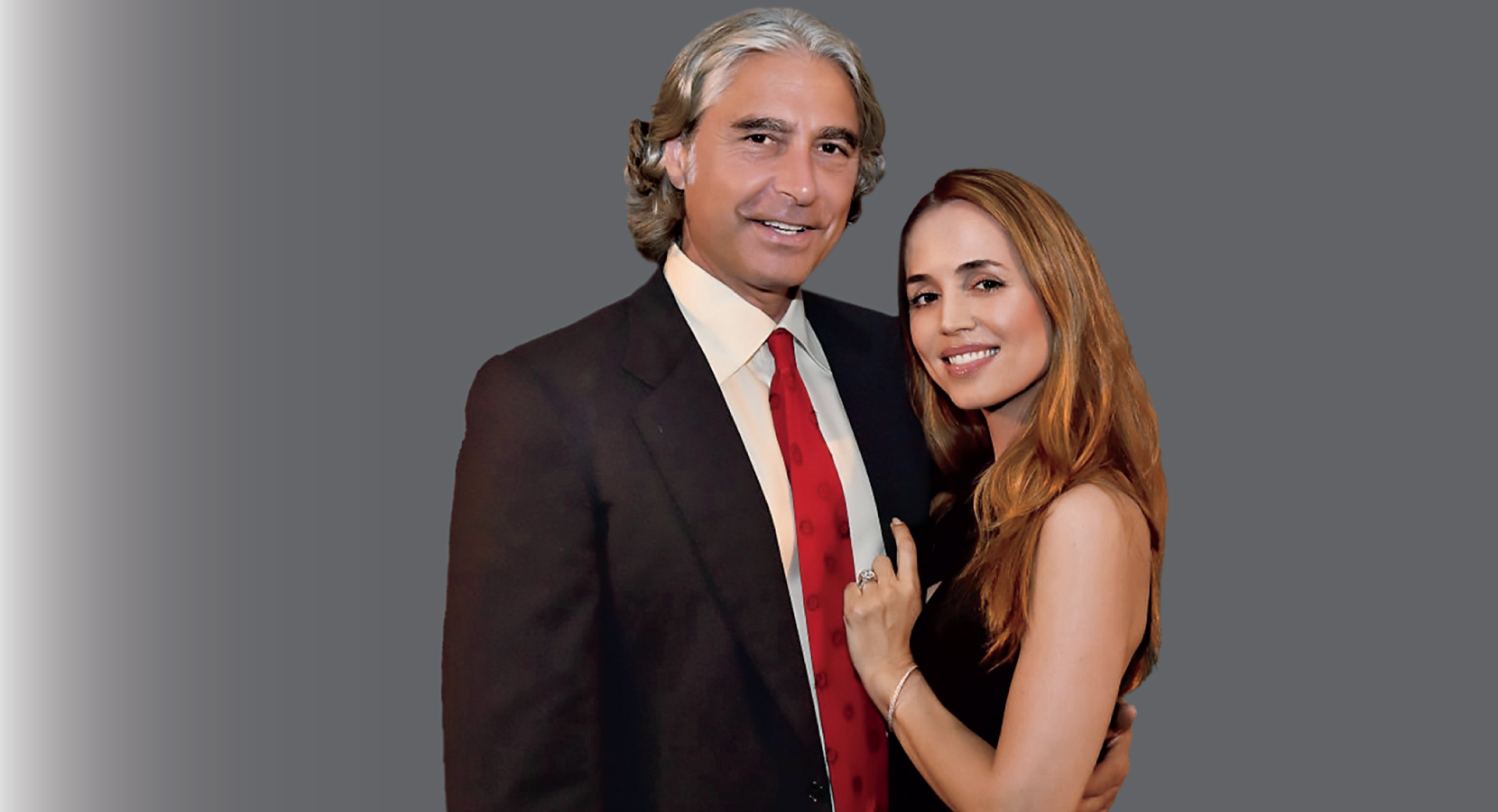
$1.25 Million Gift Aids Addiction Recovery
“You can’t go a day without seeing news about the opioid crisis or hearing how it’s affecting someone,” says Peter Palandjian. “We’re so bombarded by the news we can become numb or indifferent, but we need to pay attention.”
Seeking to make a difference, Palandjian and his wife, Eliza Dushku, pledged $1.25 million to the Brigham Health Bridge to Recovery Clinic (Bridge Clinic), which opened in March to provide immediate care for patients with opioid addiction and other substance use disorders.
A primary care patient at Brigham and Women’s Hospital for more than a decade, Palandjian learned about the Bridge Clinic when he asked his physician, Charles Morris, MD, MPH, what steps the hospital was taking to fight the opioid crisis and how he could help. Morris was on the executive planning committee that envisioned and launched the clinic.
“The clinic helps BWH meet the needs of patients in a more comprehensive way by providing access to medication, counseling, peer coaching, and social services, as well as food, shelter, and other resources,” says Morris, BWH’s associate chief medical officer. “It’s a critical bridge before patients are referred to a longer-term recovery program.”
“Peter and Eliza’s gift is incredibly generous,” Morris adds. “It’s allowing us to move forward with our plans to develop best practices in substance abuse treatment, research, and training, and to share what we’re learning with other institutions. Seeing the Brigham lead in this way is heartening.”
Most heartening, Morris notes, are the stories of impact he has heard from the clinic’s director, Christin Price, MD. “Dr. Price and her team are helping new patients every day,” he says. “For example, when a homeless, pregnant woman victimized by human trafficking was connected with addiction treatment, obstetrics care, and housing, she told the clinicians she now has hope—a feeling she hasn’t had in years.”
To Palandjian and Dushku, providing this level of care to patients in crisis is crucial. “We’re so happy to know the clinic is already making a difference for patients,” says Palandjian. “With our gift, we want to support the best and brightest at the Brigham working on addiction care.”